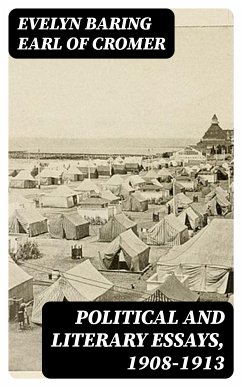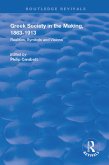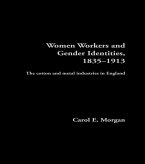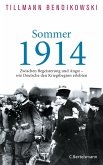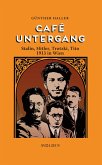In "Political and Literary Essays, 1908-1913," Evelyn Baring, the Earl of Cromer, presents a collection of incisive essays that explore the intricate interplay between politics and literature during a transformative period in early 20th-century Britain. This work is marked by Baring's elegant prose and keen analytical insights, reflecting his deep engagement with contemporary socio-political landscapes. The essays cover a range of topics, from colonial policy and its ramifications to literary critiques, encapsulating the dichotomies of morality, power, and the imperial mentality that characterized British society at the time. Baring's unique vantage point as both a colonial administrator and a literary critic enriches his discourse, providing a multifaceted exploration of the era's pressing intellectual challenges. Evelyn Baring, regarded as a pivotal figure in British colonial administration, served notably as the Governor-General of Egypt, where his experiences shaped his understanding of governance, culture, and ethical responsibility. His tenure illuminated the complexities of imperial rule, leading him to articulate these dilemmas through his essays. Baring's scholarly interests and personal convictions resonate throughout the text, as he bridges the gap between the political and the literary. This collection is highly recommended for scholars, students, and general readers alike who seek to delve into the nuance of early 20th-century thought. Baring's essays provide not only a historical lens through which to view the challenges of the time but also a timeless reflection on the moral responsibilities of leadership and the power of literature in shaping public discourse.
Dieser Download kann aus rechtlichen Gründen nur mit Rechnungsadresse in A, B, BG, CY, CZ, D, DK, EW, E, FIN, F, GR, H, IRL, I, LT, L, LR, M, NL, PL, P, R, S, SLO, SK ausgeliefert werden.

